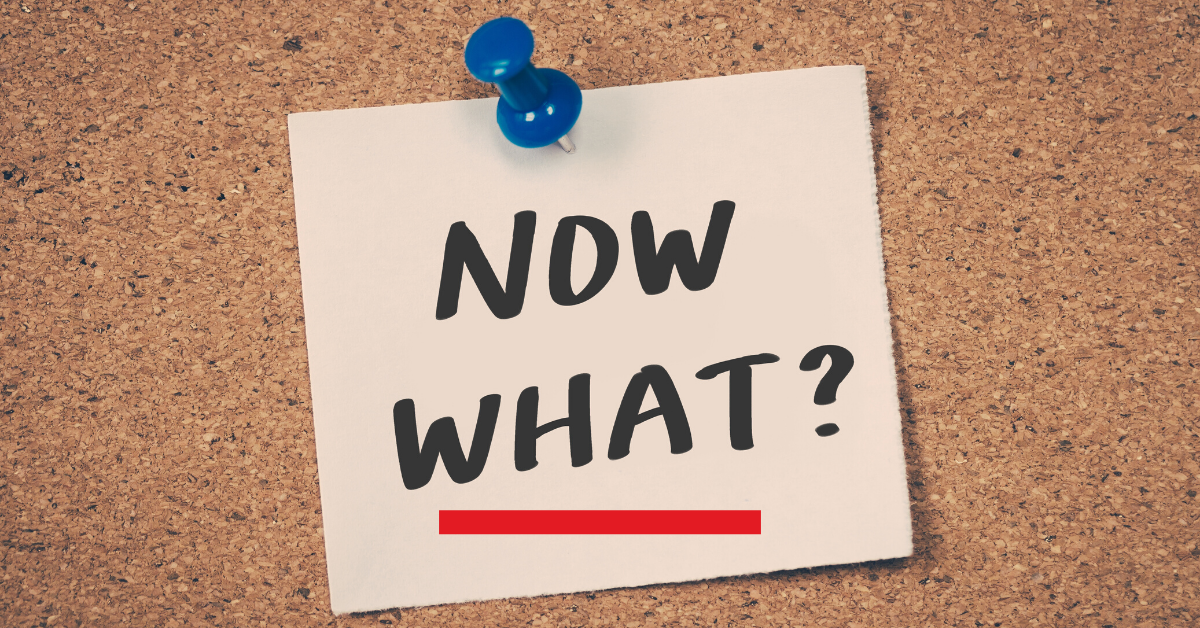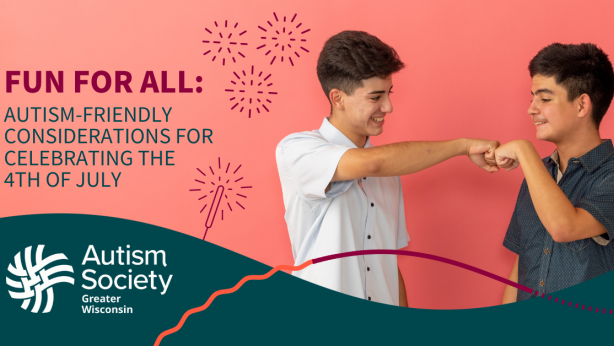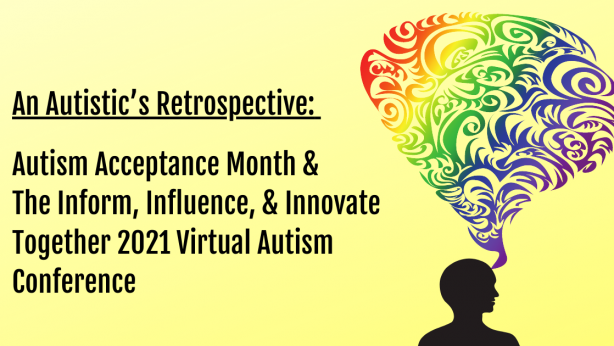Now What? Ten Ideas for Supporting Autistic Children through the Uncertainty of the Coronavirus Pandemic

Now What?
Ten Ideas for Supporting Autistic Children Through the Uncertainty of the Coronavirus Pandemic
Parents, Educators, Students…this is weird, right?
Weird. It’s a polite word for the combination of the all-too-real feelings floating around right now. Uncomfortable. Scared. Angry. Sad. Confused. Deceived. Lost. Lonely. Worried. Stuck. As a teacher, and advocate for autistic acceptance and support in schools, I thought to myself, “This “now what” feeling is new for me; but so many of my past students live DAILY with this level of anxiety. Recognizing the discomfort I’m feeling about the unknown, asking myself questions like “They say I’m safe, but am I really?”, “When will things go back to normal?”, “Will things ever really be like they were before?”
While I recognize that these are questions faced by a nation in the shadow of COVID-19, I am also recognizing that they are the same sentiments shared by our students. This pit in the stomach feeling; THIS is what she felt when her teacher switched up the schedule and taught math in the morning instead. THIS is what he was feeling when a substitute paraprofessional showed up to work with him without anyone explaining why. THIS is what it felt like when the semester changed and they told her to go to art instead of gym, even though gym was on her schedule. THIS is what it feels like when there IS no schedule. This “Pandemic Panic,” is something that we are all starting to experience or empathize with. THIS is an opportunity for us to empathize with our students, kids, and friends on the spectrum, because THIS doesn’t feel great. For many, this is a temporary feeling. But for a lot of neurodivergent minds, THIS feeling is all-too-familiar.
It is THIS empathetic understanding that can and should drive our support of one another, especially right now, but also, always.
Here are 10 ideas on how to get started:
1
Start with establishing an understanding of WHY everything is different right now. Remember that negative energy can communicate fear, even when words are comforting. Lead with what is concrete, and what your child/student can do to feel more in control.
Check out these social narratives
2
Create a routine. For some, it might be the same activity at the same time every day. For others, it might be the same type of activity in the same order. This doesn’t need to be fancy. Your worst drawing will still be better than nothing for students who visually process. Your worst handwriting will still be better than nothing for those who prefer text. Here is an example that I’m using in my home: COVID Schedule , which I adapted from the original here: https://littleoldtown.com/
3
Make a list of what is the same, and what is different. Find creative ways to show all of the things that your child/student will still get to do/eat/see/etc. If rules will be different during this time, consider creating “Rules for School at Home,” that are clear, concrete, and constant. Example: Same/Different
4
Consider a choice board to give your student/child options to exercise choice during an otherwise very limited time. (Can they choose between snack options, chore options, homework options, pajama options, really…anything!) School-based example HERE.
5
Realize that behaviors are communication, and consider what basic needs your child/student is struggling with right now; body regulation, emotional regulation, sharing worries and seeking help; these human needs can often be demonstrated through “behaviors.” Be a detective, and reach out to your child’s team, or the experts themselves (autistic voices). Stuck? Check out:
6
Practice MINDFULNESS. We’ve heard about it, but now is the time to truly test its ability to calm our anxious minds and bodies. Modeling mindfulness for your child/student will support you as well!
Check out these video models:
Or these personal favorites:
7
Pokemon. George Washington. Luigi. Fluttershy. Trains. Naruto. Glitter. That same 30-second clip of that same YouTube video on repeat. Rocking, spinning, scripting, squealing. These passions are so much more than “high interest areas.” They are COPING mechanisms. They are a rush of positive feelings. They’re always accessible. Some days they’re needed more than others. Right now…PLEASE let your child engage in their personal passions and carry their safety items with them. These passions are so much more than an “obsession.” They’re safe, and happy, and in the middle of a pandemic, we are all trying to grasp onto safe and happy.
Learn more here: “A Passion for Passion: Why Autistic Interests are Important” (Yenn Perkins, 2017)
8
Parents, ask your questions! Just because schools are closed, does not mean that your child’s teacher/therapist/IEP team member should be left alone. As teachers, we are used to managing the competing needs of 30 students, colleagues, building leaders, district initiatives, and controlling our bladders. We THRIVE on being needed, and we MISS our students! Please collaborate with us on how we can support your child!
9
Build in opportunities for sensory regulation! While every child is different, you don’t have to have all the fancy tools of an occupational therapist to provide some relief!
Learn more here:
10
Don’t take my word for it. Listen to the real experts: autistic authors are shaping our understanding of neurodiversity, and how neurotypicals can simultaneously accept and support. Here are a few who have shaped my understanding and support:
Note: I’ve included identity first language in this article. To learn why, visit the Autistic Self-Advocacy Network HERE.

Written by Allie Tasche
When Allie’s adventures in parenting pause, she is an educator, advocate, learner, and leader for social justice in Wisconsin. Allie has spent her career as a learning strategist, autism and inclusion coach, and program support teacher in Wisconsin schools. Allie realized her passion for advocacy after creating professional development and classroom sensitivity training in schools. This led to guest lecturing at local universities, and presenting on topics related to Universal Design for Learning, Autism, and Inclusion at disability & education conferences (OCALICON 2018, CAST Symposium 2017) with her thought partner, Katy Hayes. She recently moved to the lakeshore, and joined the Autism Society of Greater Wisconsin’s Board of Directors. Allie and Katy will be presenting at the Autism Society’s 31st Annual Wisconsin Autism Conference this spring.
Direct inquiries to atasche@autismgreaterwi.org


